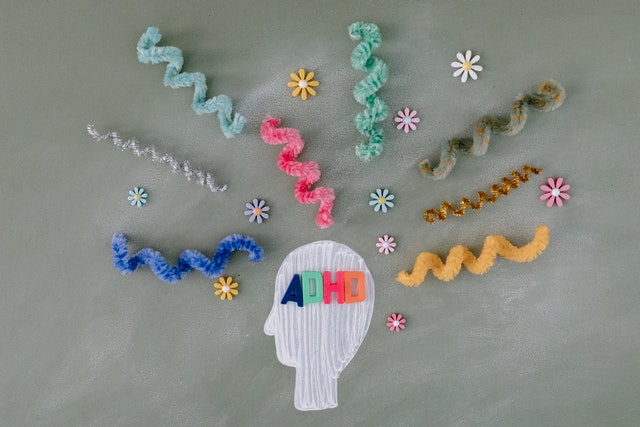One of the more daunting scenarios when diagnosing mental health conditions is comorbidity. This can occur with CPTSD and ADHD. When two (or more) issues are present, they can be tough to identify and differentiate. For example, complex post-traumatic stress disorder (C-PTSD) and attention-deficit/hyperactivity disorder (ADHD) are associated more than people might imagine.
Since some of their symptoms overlap, comorbid C-PTSD and ADHD have the potential to go undiscovered for a while. This can obviously slow down the introduction of proper treatment protocols. In other words, more awareness is needed about both disorders and about their connection. With that in mind, let’s take a closer look.
C-PTSD: The Basics
 Complex trauma denotes a history of ongoing, repetitive traumatic events. For example, chronic abuse or life in a war zone exposes a survivor to relentless trauma. C-PTSD causes people to live in a state of hyper-vigilance due to changes in their. Such people are designated as having acquired neurodivergence. (Conversely, people with ADHD are born neurodivergent.)
Complex trauma denotes a history of ongoing, repetitive traumatic events. For example, chronic abuse or life in a war zone exposes a survivor to relentless trauma. C-PTSD causes people to live in a state of hyper-vigilance due to changes in their. Such people are designated as having acquired neurodivergence. (Conversely, people with ADHD are born neurodivergent.)
Some of the most common signs and symptoms of C-PTSD include intrusive thoughts, social isolation, loss of mental focus, sleep disturbances, and the aforementioned hyper-vigilance
ADHD: The Basics
Generally speaking, people are born with ADHD, but it does not emerge until early childhood. As the name implies, inattention and hyperactivity are hallmarks of this disorder. In addition, people with ADHD can display impulsivity, a lack of organization, non-stop movement and talking, social awkwardness, and forgetfulness.
The First Association Between CPTSD and ADHD: Shared Symptoms of ADHD and PTSD
Needless to say, every person and every case is unique. However, there are some well-documented trends when it comes to shared symptoms. Here are a few of those trends:
- It can feel quite challenging for people with either condition to pay attention and stay focused. They are easily distracted and this can result in palpable memory problems and poor concentration.
- Both ADHD and PTSD (or both) are shown to cause increased anxiety levels. People with these diagnoses, for example, may be very jumpy and wisely startled.
- Another sign of either condition is the likelihood of depressive episodes — and related struggles with self-esteem.
- People with ADHD and PTSD (or both) are frequently impulsive, with limited control of their temper.
- Sleep issues like insomnia are also common.
- It’s not uncommon for those with either or both conditions to resort to self-medication to dull feelings of being overwhelmed or frightened.
The Second Association Between CPTSD and ADHD : Cause and Effect
This is not to suggest that when it comes to CPTSD and ADHD, one condition can cause the other, but there are two interesting connections to ponder. Firstly, a traumatized person is believed to have a higher risk of being diagnosed with ADHD. At the same time, people with ADHD endure more traumatic events than those without ADHD. Clearly, these associations must be considered when pondering a diagnosis.
So, How Is a Diagnosis Made?
A typical series of events might look like this: The person (or parent of the person) recognizes the presence of symptoms like those listed above. They connect with a mental health professional with experience and familiarity when it comes to CPTSD and ADHD. The next steps are:
- Ruling out other mental or physical causes
- Observation, evaluation, and assessment
- Compiling a thorough medical history (with a focus on the possibility of trauma)
- Talking with others in the person’s life
- Parsing through the overlap of symptoms
What happens next depends on what is found. If one disorder is discovered, the treatment will be aimed in that direction. If both CPTSD and ADHD are present, two parallel treatment plans are designed. Most often, one of the disorders is given a higher priority but, of course, that can vary.
To learn more about trauma or ADHD counseling, I invite you to contact me at your earliest convenience.



